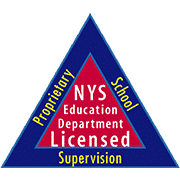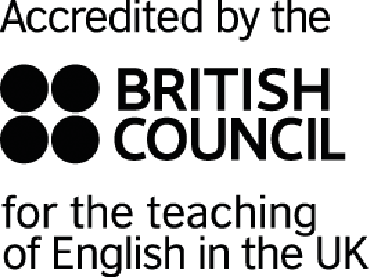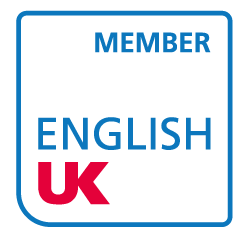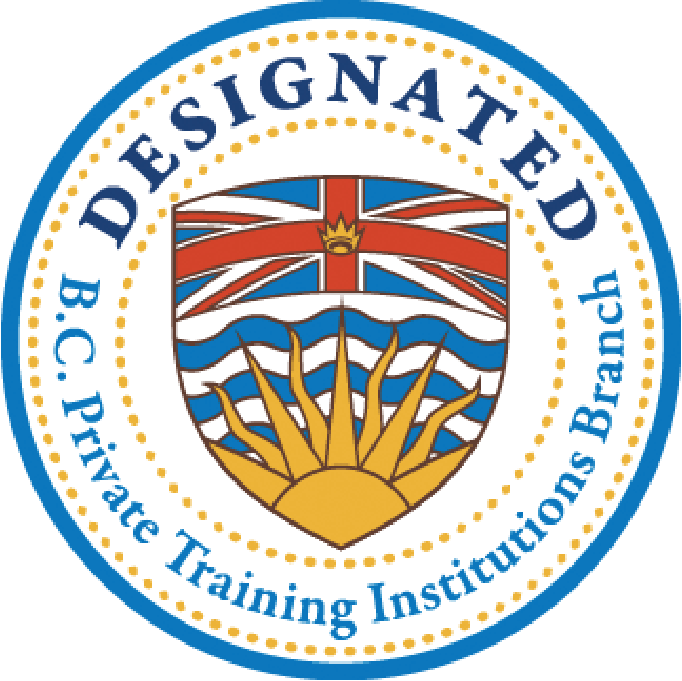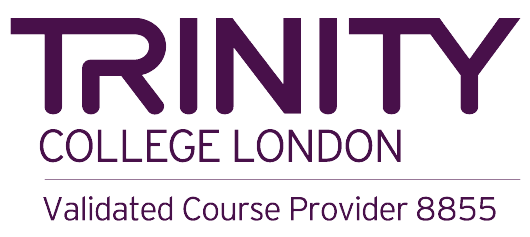Choosing the right English course can be the difference between meeting your language goals and falling short of your potential. Whether you’re looking to improve everyday communication or advance your professional career, understanding the distinction between Business English and General English courses is crucial for your success.
Both course types offer unique benefits, but selecting the wrong one could slow your progress or leave gaps in the skills you need most. Let’s explore which path aligns best with your goals and how Oxford International can support your learning journey.
Understanding General English courses: the foundation for everyday success
General English courses provide a comprehensive foundation in English language skills. These programmes focus on developing your ability to communicate effectively in daily situations, from casual conversations to social interactions.
What General English covers:
- Essential grammar and sentence structure
- Everyday vocabulary for common situations
- Conversational skills for social settings
- Reading comprehension for newspapers, books and websites
- Writing skills for personal communication
- Listening practice with various accents and situations
Our General English programme offers flexible scheduling options to fit your lifestyle. Choose from Intensive (27/30 lessons), Semi-Intensive (23/26 lessons), Morning classes (18/20 lessons), Super Intensive (36/40 lessons), or Afternoon electives (18/20 lessons). Each course is designed for learners from A1 to C2 levels. Maximum class sizes of 18 ensure students benefit from personalised attention.
The programme includes specialised electives that let you customise your learning experience based on your interests and goals. Whether you’re preparing for further studies, planning to travel, or simply want to communicate more confidently in English-speaking environments, General English provides the essential foundation you need.
Business English Courses: Your Gateway to Career Success
Business English courses are specifically designed for professionals who need to communicate effectively in workplace environments. These programmes go beyond basic language skills to focus on the terminology, etiquette and communication styles required in professional settings.
Enhance Your English Skills with Oxford International
Learn MoreWhat Business English covers:
- Professional email writing and correspondence
- Presentation skills and public speaking
- Meeting participation and leadership
- Negotiation techniques and persuasive language
- Industry-specific vocabulary and terminology
- Report writing and business documentation
- Networking and relationship-building communication
Oxford International Schools offers Business English Electives that focus on key skills employers value, particularly in business, hospitality and customer service industries. For working professionals, our Evening Business English course allows you to develop these crucial skills outside standard working hours.
Business English courses are ideal for intermediate to advanced learners who already have a foundation in English and want to enhance their career prospects through improved workplace communication.
Business English vs General English: Key Differences
| Feature | General English | Business English |
|---|---|---|
| Purpose | Everyday communication & social use | Professional & workplace communication |
| Focus areas | Grammar, vocabulary, conversation | Business writing, presentations, emails |
| Vocabulary | Common words for daily life | Industry-specific, formal terminology |
| Skill Development | Listening, speaking, reading, writing | Negotiation, reporting, meeting skills |
| Ideal Learners | Beginners to intermediate learners | Intermediate to advanced professionals |
| Outcome | Improve general english fluency | Enhanced workplace English proficiency |
The choice between these courses depends entirely on your personal and professional objectives. General English builds the foundation you need for all English communication, while Business English refines those skills for professional success.
How to choose between Business English and General English
Choose General English if you:
- Are new to English learning (A1-B1 level)
- Want to improve everyday communication skills
- Plan to travel or live in English-speaking countries
- Need English for social situations and general life
- Are preparing for further academic study
- Want flexibility to explore various aspects of English
Choose Business English if you:
- Already have intermediate English skills (B1+ level)
- Work in a professional environment requiring English
- Want to advance your career opportunities
- Need to write professional emails and reports
- Participate in meetings or give presentations
- Plan to work in international business settings
Consider starting with General English then progressing to Business English if you:
- Have basic English but need both social and professional skills
- Want a comprehensive learning journey
- Have time to invest in building strong foundations first
Why Choose Oxford International English?
Oxford International has been delivering exceptional English language education for over 30 years, helping more than 50,000 students achieve success annually. Our commitment to “Learning without Limits” means we provide the support, flexibility and quality you need to reach your goals.
Our advantages include:
- Flexible scheduling: Multiple course intensities to fit your lifestyle
- Small class sizes: Maximum 18 students for personalised attention
- Weekly start dates: Begin your course every Monday
- Experienced instructors: Qualified teachers committed to your success
- Global locations: Schools across the UK, USA and Canada
- Comprehensive support: From application to graduation and beyond
- Engaging social programme: Activities to practise English outside the classroom
Our social programme extends learning beyond the classroom through conversation clubs, sporting events, sightseeing tours and weekend excursions. These activities provide natural opportunities to practise your English while building friendships with fellow international students.
Frequently Asked Questions
Q: Can I start Business English without prior knowledge?
A: Most Business English courses require a basic understanding of English. Beginners are advised to start with General English to build a solid foundation before progressing to Business English.
Q: How long does it take to see progress?
A: Depending on your starting level and course intensity, improvements are often visible within 3-6 months. Intensive courses typically show faster results than part-time options.
Q: Can I switch from General English to Business English?
A: Absolutely! Many learners begin with General English and transition to Business English once they build a solid foundation. Our flexible programme structure makes this transition seamless.
Q: Are Business English courses only for corporate employees?
A: Not at all. Entrepreneurs, freelancers, students preparing for business careers, and anyone with professional communication goals can benefit from Business English courses.
Q: What level do I need for Business English?
A: Most Business English courses require at least an intermediate level (B1). If you’re unsure about your level, we offer placement tests to help determine the best starting point for your learning journey.
Q: Do you offer both courses at all locations?
A: Course availability varies by location. Contact your preferred Oxford International school to confirm which programmes are available and discuss the best option for your goals.
Q. Which course is best for you?
A. The decision between Business English and General English ultimately depends on your current level, immediate needs and long-term goals. Both paths offer valuable skills that can transform your personal and professional opportunities.
If you’re still unsure which course suits you best, consider speaking with our admissions team. They can assess your current level, understand your goals and recommend the most appropriate learning path for your situation.
Remember, learning English is an investment in your future. The skills you develop will open doors to new opportunities, enhance your confidence and connect you with people around the world.
Your English skills can open doors to new opportunities. Start learning with us and build the future you deserve. Whether for daily communication or professional growth, we have the right course for you.
Published on – 2nd October 2025

The Oxford International English Schools Team
The OI English Schools Team brings together experienced educators, academic leaders, global learning specialists, and marketing team specialists dedicated to helping students achieve language excellence across our 9 global English Schools in the UK, Canada, the USA, and Australia. With over 34 years of English language education expertise, supporting 317,000+ students worldwide, our mission is to help students learn English with confidence through innovative, real-world learning experiences and cultural immersion that empower our learners to achieve their dreams.







